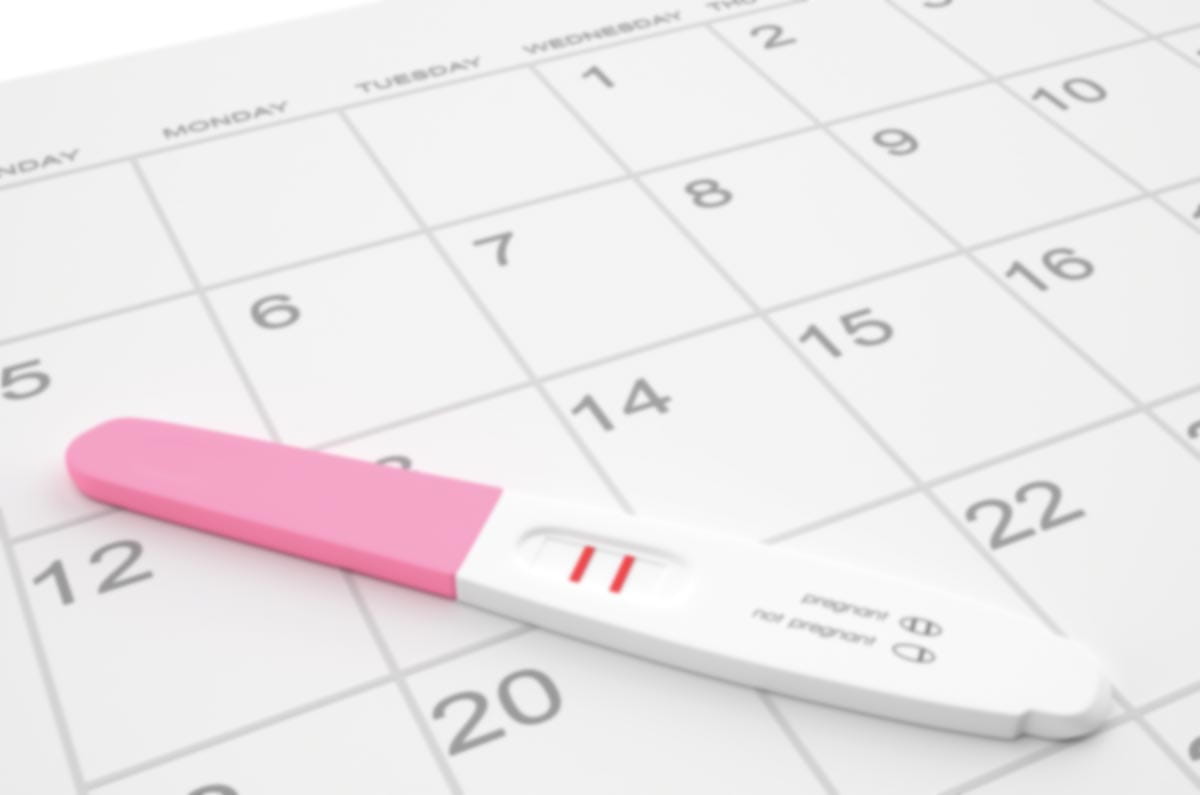5 Common Questions About Infertility
June 01, 2017

If you’ve been trying to conceive but aren’t getting pregnant, you may be wondering whether it’s time to talk with a healthcare provider.
About one in eight couples in the United States experiences fertility problems. Here are answers to some common questions about infertility from reproductive endocrinology and infertility specialist Rachel Weinerman, MD.
1. When should I consider being evaluated for infertility?
Consider having an infertility evaluation if you:
- Are age 34 or younger and not pregnant after having regular, unprotected sex for one year
- Are a woman who is age 35 or older and not pregnant after having regular, unprotected sex for six months
- Have an irregular menstrual cycle

2. Should my male partner be evaluated for infertility, too?
Yes. Infertility affects about 12 percent of couples of childbearing age. Infertility is not just a woman’s concern. A problem with the male is the sole cause, or a contributing cause, of infertility in about 50 percent of infertile couples. About one-third of infertile couples have more than one cause or factor related to their inability to conceive.
3. What’s involved in an evaluation for infertility?
A woman may undergo several different tests when being evaluated for infertility, such as:
- A urine test to measure levels of a certain hormone that can show if and when she ovulates
- A blood test to measure levels of different hormones involved in ovulation and fertility
- Imaging tests, if needed, to look at reproductive organs such as the fallopian tubes and uterus to make sure there aren’t any issues affecting her fertility
An infertility evaluation for a man usually involves a semen analysis to check his sperm. He also may need to have an ultrasound to check whether there are any problems with the ducts or tubes through which semen travels.
4. Is there anything I can do to improve my fertility?
Certain lifestyle factors can affect your fertility. If you’re a woman, being overweight or underweight, exercising excessively, drinking alcohol, and smoking cigarettes can make it more difficult to get pregnant. If you’re a man, smoking, heavy drinking, using marijuana and taking anabolic steroids can reduce your sperm count or lead to erectile dysfunction.
5. What treatment options are available for infertility?
There are many different treatments for infertility. If you decide to pursue treatment, your plan will depend on the cause of your infertility. A wide range of oral and injectable medicines can help women with ovulation problems ovulate.
With a procedure called intrauterine insemination (IUI), a woman takes medicines to stimulate ovulation and then sperm are inserted into her uterus.
Assisted reproductive technology (ART) is an advanced fertility treatment in which eggs are surgically removed from a woman’s ovaries, combined with sperm in the laboratory and then transferred back to the woman’s body.
There are several different types of ARTs. The most well known is in vitro fertilization (IVF). Together, you and your doctor will determine which treatments may work best for you.


